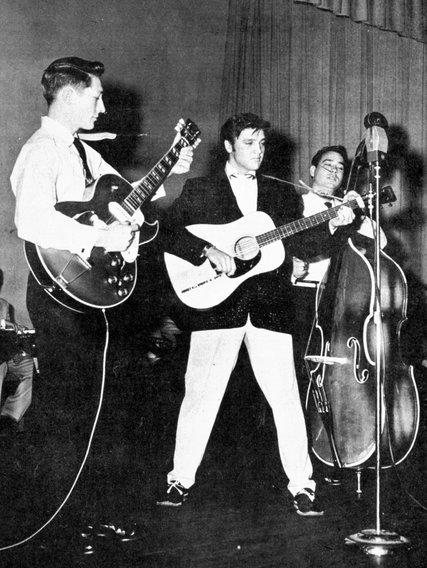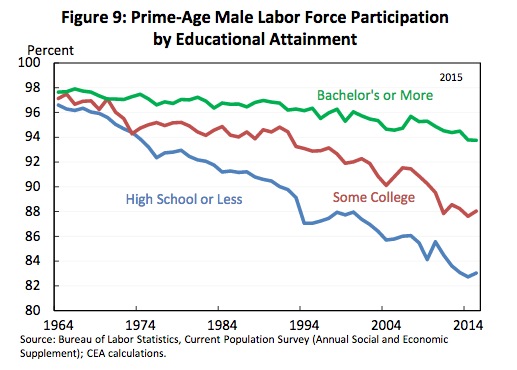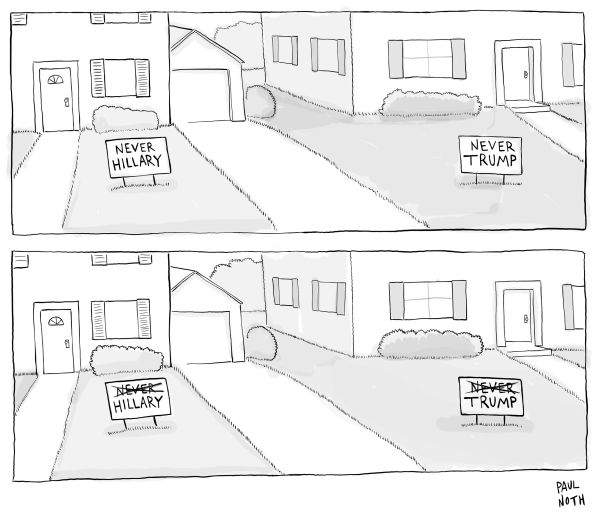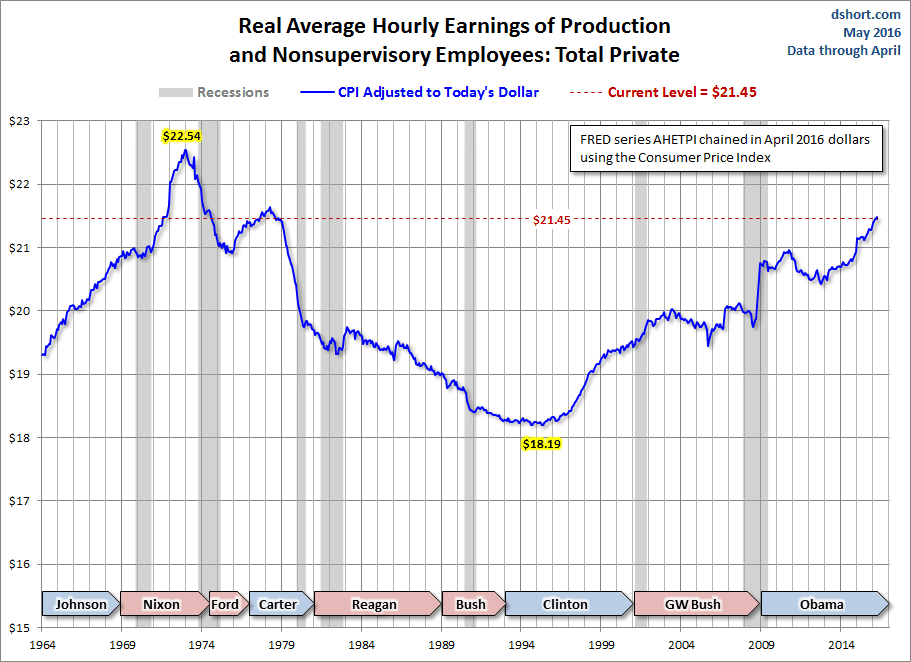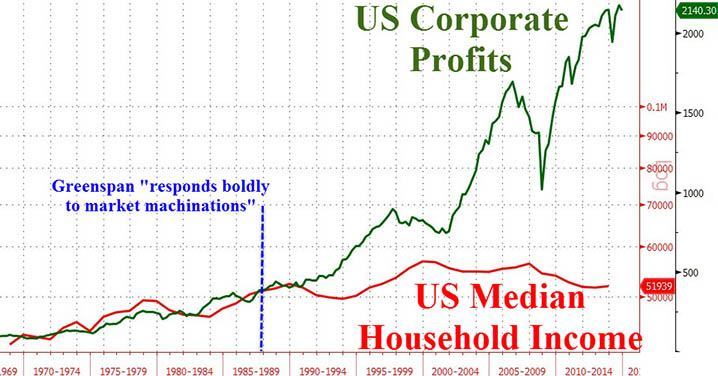When we see each other as enemies, we are the Middle East, and we can no longer work together for the common good. Consider what happened last week at a Minnesota WNBA basketball game:
Four off-duty Minneapolis police officers working the Minnesota Lynx game at Target Center on Saturday night walked off the job after the players held a news conference denouncing racial profiling, then wore Black Lives Matter pregame warm-up jerseys.
Lt. Bob Kroll, president of the Minneapolis Police Federation, the union that represents rank-and-file officers, praised the officers walk out:
I commend them for it… If [the WNBA players] are going to keep their stance, all officers may refuse to work there.
What is lost in the police union grandstanding was that the Lynx jerseys in question read “Change starts with us, justice and accountability” and on the back had Philando Castile’s and Alton Sterling’s names along with “Black Lives Matter” and the Dallas Police Department shield. How is that seen as anti-cop? This highlights how thin-skinned police forces around the US are whenever criticism emerges about bad policing.
But what can be done?
The most recent report from the Bureau of Justice Statistics quadrennial “Census of State and Local Law Enforcement Agencies, 2008” shows that there are 17,985 state and local law enforcement agencies with at least one full-time officer or the part-time equivalent in the US. All of them are managed by local, county or state governments, and the majority of police are members of a local union. Wrongo is not anti-union, but the social identity of being in law enforcement cultivates a code of unduly protecting members, hiding evidence, and blindly supporting the position of other officers simply because of their collective identity. The “Blue Wall of Silence” around cops is the excuse to cover up bad behavior in the face of investigation.
Creating an equivalency between #BlackLivesMatter and #BlueLivesMatter is wrong. Consider this thought from Jonathan Russell, Professor and Chaplain at the USC Center for Religion and Civic Culture: (emphasis by the Wrongologist)
A black life is a life under the threat of social death, a social life constituted by precarity and the potential of imminent death…Blue lives have no analogous history, no precarious location from which their collective lives need recovery…Blue lives are not…living under conditions similar to black life. It is the history of black lives not mattering that gives meaning to the hashtag. Blue lives have no such analogous history.
Russell goes on to say:
Blue lives have always mattered, present and past. Their experience of social space is (for the most part) one of…deferential treatment… It is profoundly misrepresentative and disrespectful to develop an analogous hashtag, as if blue lives have an analogous experience of social life in America as black lives have. This hashtag is wrong in so much as it connotes that the lives of law enforcement officers have failed to matter sufficiently in the broader public consciousness.
For the umbrage-takers out there, relax. Wrongo isn’t saying that cops don’t deserve respect, they do. He thinks that cops have a tough job, and that we must mourn any cop killed on the job. But, we can’t be blind to the power of this confrontation between #Blue and #Black to tear us apart.
Here is ginandtacos: (emphasis by the Wrongologist)
I keep holding out hope that we will learn something from this, that police can say to themselves “All those Dallas officers wanted was to do their job and go home alive at the end of the day” and have some moment of inspired transference wherein they realize that every black person they pull over in a traffic stop wants the same...
More from ginandtacos:
If most cops are good cops as we are repeatedly told – and statistically that’s true, as most departments have a few officers who account for the majority of complaints – then it is time for the Good Cops to stop participating silently in a broken system. It’s time for Good Cops to do something about Bad Cops.
Is this realistic, given the Blue Wall of Silence and the power of the police unions, who go ballistic at the merest hint of criticism? Politicians who criticize their PDs are seen as “weak on crime.” However, when police unions are part of any decision to fire a cop, what is the alternative? Two additional considerations:
- An armed society makes for nervous and trigger-happy law enforcement officers.
- Police have an expectation of immediate and absolute compliance with every command. Anything less is deemed justification for using force.
Fixing all of this will take action on multiple fronts. We have to soften the Blue Code. We need to see fewer guns on the street. We need to reform police protocols.
We need to talk to each other.


